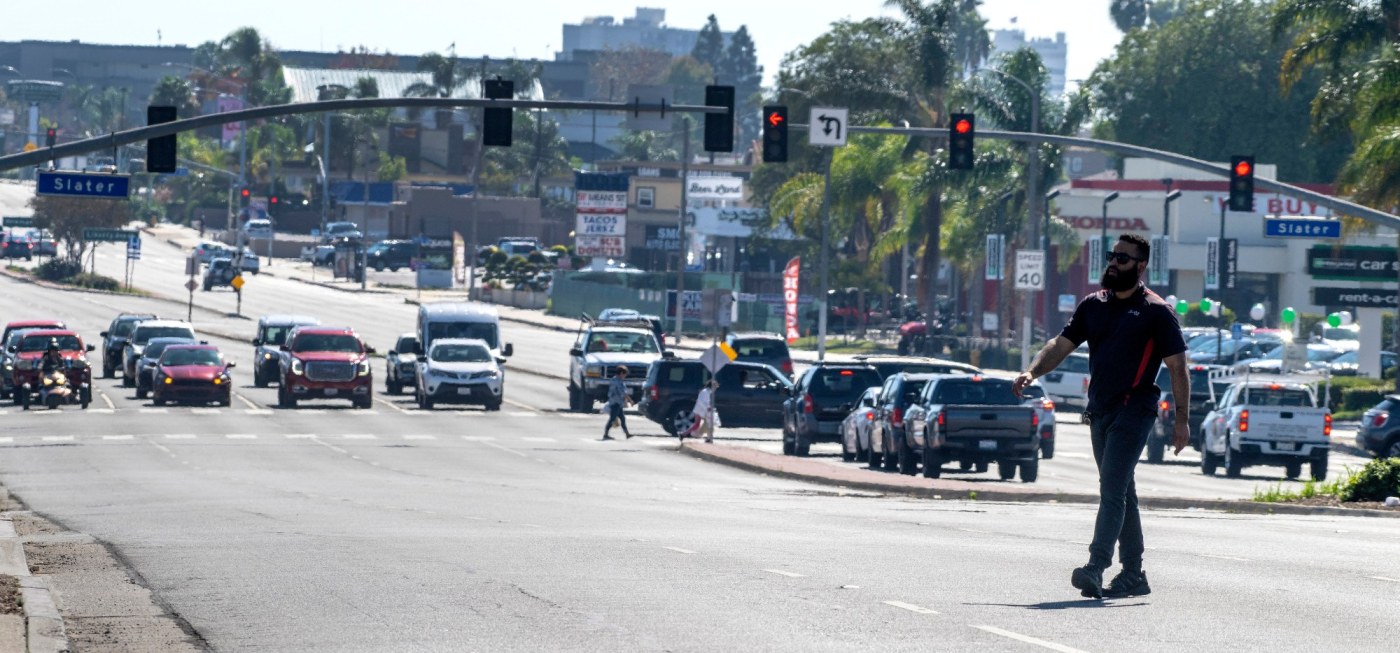Southwest Colorado Coal Mining Plans Spark Controversy, Urgency Grows

URGENT UPDATE: The U.S. Department of Interior has just announced a controversial plan to open thousands of acres for coal mining near Telluride, Colorado, igniting public outrage and confusion. This decision, revealed on September 29, 2023, reverses earlier protections for the San Miguel River corridor, raising questions about the government’s commitment to local interests and environmental standards.
Under the new plan, lands previously designated as off-limits to coal leasing will now be opened up, a move that many view as a baffling decision for a region known for its natural beauty and recreation. The Interior Secretary boldly claimed that this action is part of “unleashing American coal power,” but local leaders argue it undermines a decade-long collaborative effort to protect the area.
In a striking counterpoint, the Department of Energy has simultaneously canceled $50 million in funding for renewable energy projects, including a $6.6 million initiative aimed at retrofitting the aging Four Corners Power Plant with carbon capture technology. This funding was intended to support the struggling coal and natural gas industries in the Four Corners region, which comprises New Mexico and parts of Colorado, Arizona, and Utah.
Local environmental advocate Mark Pearson, Executive Director at the San Juan Citizens Alliance, expressed his concerns, stating that the federal government’s decisions demonstrate a troubling disregard for community input and environmental sustainability. He noted that the logistics of establishing a coal mine in the rugged terrain around Telluride would face substantial opposition from local residents and officials.
With significant public sentiment against coal mining in the area, observers are questioning the practicality of the Interior’s announcement. The challenges of transporting coal from remote locations and navigating local regulations could deter any serious investment in mining operations. Many residents are left wondering how these decisions will impact the local economy and environment.
The implications of these announcements extend beyond just Colorado. The simultaneous cancellation of funding for renewable projects signals a shift in federal priorities, raising alarms among advocates for sustainable energy. Critics argue that the government is prioritizing short-term gains from fossil fuels at the expense of long-term environmental health and community welfare.
WHAT’S NEXT: As these developments unfold, residents and environmental groups are mobilizing to voice their opposition. Local officials are expected to challenge the Interior’s decision, pushing for a reevaluation of priorities that align with the community’s values. Stakeholders are urged to stay informed as the situation develops, with potential protests and public meetings anticipated in the coming weeks.
This unfolding story highlights a critical intersection of energy policy, local governance, and environmental stewardship. The decisions made in Washington are set to resonate across communities in the Southwest, making it imperative for citizens to engage in the discussion.






